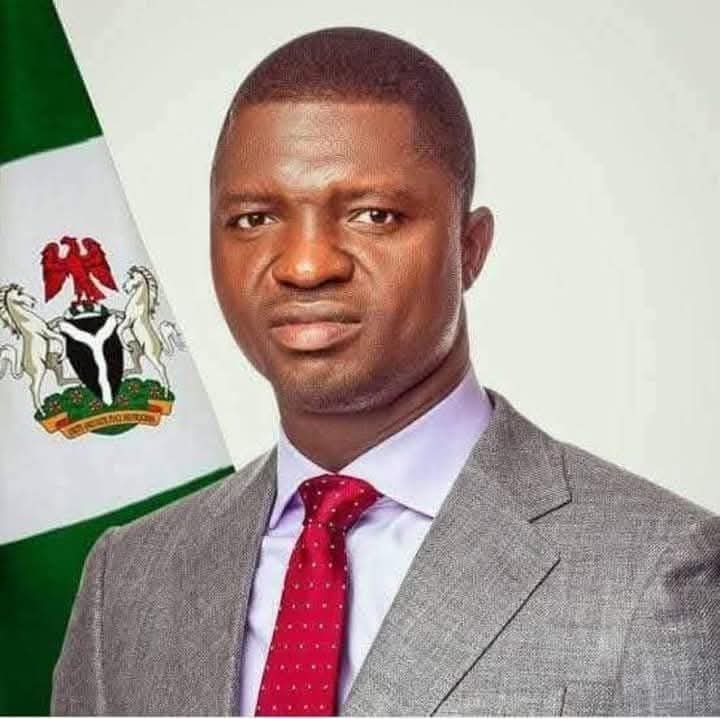By Robinson Erebi
Thank you for reading this post, don’t forget to subscribe!In a world where the allure of foreign education continues to draw the elite away from local institutions, Governor Francis Ogbonna Nwifuru of Ebonyi State stands as a remarkable exception.

His recent remarks at the Nigeria Governor’s Forum have sparked conversations about the state of education in Nigeria, as he proudly declared that all of his children are being educated within the country’s borders — and specifically, within the Southeast region.
With three of his children studying in Ebonyi and two in Enugu, Governor Nwifuru shared that the highest school fees he pays for his children’s education is a modest 35,000 Naira per term. This stark contrast to the exorbitant school fees paid by many officials, some exceeding 2 million Naira per term, is not just a personal stance; it is a reflection of his commitment to fostering a robust educational system in Nigeria.
His comments highlight the increasing disparity in educational opportunities between the wealthy elite and the average citizen. While many families struggle to provide basic education for their children, it is concerning to see high-ranking officials prioritizing lavish education for their offspring abroad. Governor Nwifuru’s candid admission that he could not fathom paying over 5 million Naira per term for his children’s education resonates deeply with the average Nigerian parent.
The implications of his statement are profound. Governor Nwifuru is not only advocating for a shift in mindset among his peers in governance but also underscoring the need for collective action to improve Nigeria’s educational landscape. His vision entails a unified effort to address the deficiencies within the local educational system that have driven many parents to seek international schooling for their children.
“The time has come for us to band together and reposition the educational system in the country,” Nwifuru asserted. “We must identify the shortcomings making our elite opt for foreign options and address them, starting right here in Ebonyi State.” His call to action is a challenge to every stakeholder in the educational sector — from government officials to educational institutions and families — to collaborate in creating a more equitable and sustainable educational framework.
As Nigeria grapples with numerous challenges, investing in education is pivotal to the nation’s future. When educational facilities are adequately funded, equipped, and staffed with qualified personnel, local schools can provide the same caliber of education as their counterparts abroad.
Governor Nwifuru’s initiative stresses that quality education should not remain an exclusive privilege for the affluent. Instead, it should be a right accessible to all children, thereby fostering an environment where future generations can thrive locally.
In a rapidly globalizing world, ensuring that Nigerian youth receive top-notch education at home will not only alleviate the economic pressures of sending students abroad but also contribute to national pride and identity. Governor Nwifuru’s emphasis on local education serves as a critical reminder that real change requires collaborative effort, vision, and commitment — qualities that will ultimately define the legacy of his administration.
As we look to the future of education in Nigeria, let us heed the message from Governor Nwifuru and work together to reimagine an educational system that nurtures talents, prepares students for the global stage, and keeps our children close to home — where they can learn, grow, and give back to their communities.
Kindly share

